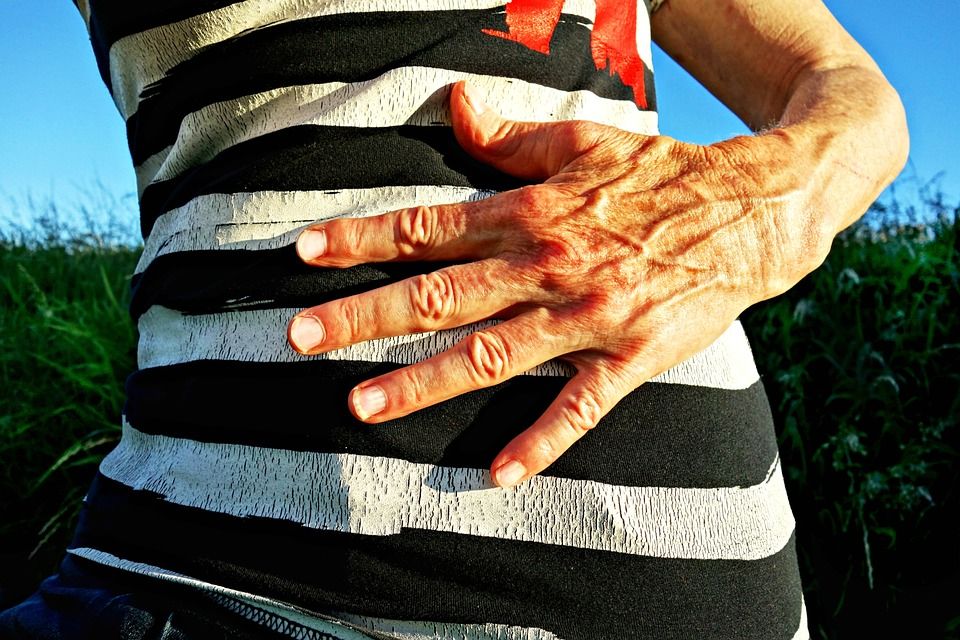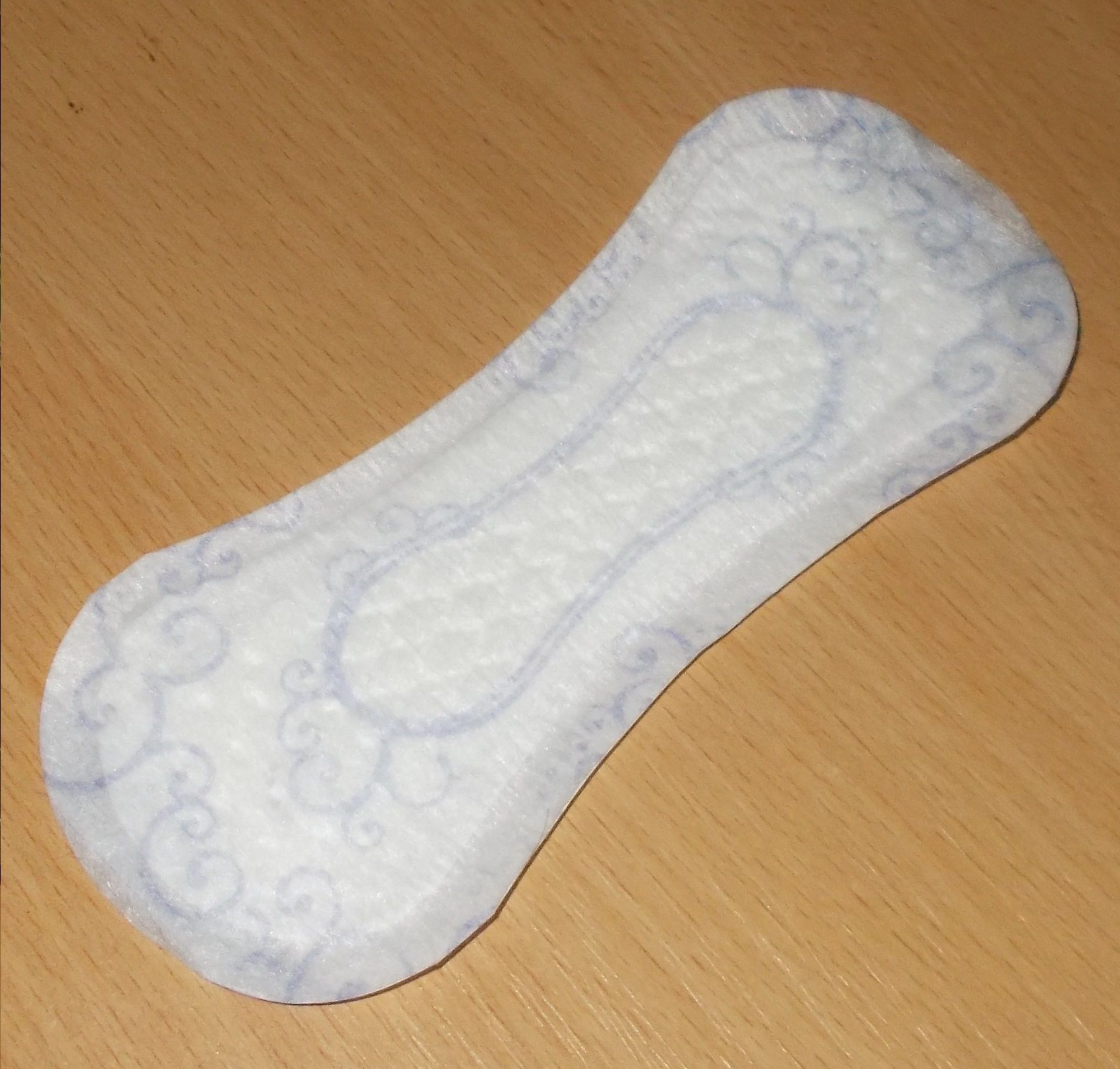Experts and doctors are always trying to research the diseases and illnesses that are affecting the people in our world, but the problem is that not everyone keeps up with their discoveries.
A new study revealed that two thirds of women diagnosed with ovarian cancer did not know much about the condition before they were told they had it. That's 66% of women who were completely unaware of the dangers of one of the scariest diseases impacting women.
That should not be the case. If women were more aware of the early warning signs they might be able to catch it and would have a better chance at surviving.
Each year over 230,000 women are diagnosed with ovarian cancer worldwide, and apparently only 50% will survive for another five years, with one in six of those diagnosed passing away within three months of their diagnosis.
As scary as these numbers are, there is a way to increase your odds of surviving, and it comes with early detection. These are the early warning signs that should never be ignored:
Abnormal bloating
We all get a little bit bloated after a big meal or if we eat something super salty, but if you find that the bloating won't go away no matter what, there may be an issue.
Tumors growing in the abdomen can push your stomach out, and can almost make it look like you are pregnant or just gaining weight, but it's actually just the disease hiding in your stomach and ovaries.
If bloating continues to be an issue for you and doesn't go away despite diet and exercise changes, talk to your doctor.
Indigestion or Heartburn
If you notice that you are constantly reaching for the Pepto Bismol because of heartburn and indigestion, your doctor may actually cite that as one of your early warning signs.
Doctors can often misdiagnose ovarian cancer when indigestion and heartburn are a factor because they mistake it for irritable bowel syndrome.
Increased Urination
If you find you are always running to the bathroom with an increasingly strong urge to urinate, you may be experiencing one of the common symptoms of ovarian cancer.
The problem is the urge is there, often as frequently as every 30 minutes, but when you try to go only a small trickle comes out.
It's caused by the cancer cells forming on the outside of the bladder wall, and often can actually be the first symptom that brings people to the doctor.
Back Pain

Woman who start having an excessive amount of back pain may actually learn that it's a symptom of ovarian cancer.
While it may seem strange that your ovaries can affect your back, the pain happens once the cancer spreads into the pelvis, causing a lot of fluid to build up in the lower back.
It's important to report back pain to your doctor, especially if it's a new type of pain you've not experienced before that isn't related to physical activity and isn't going away.
Bleeding
You may start to feel like your period is coming too often, some people report as often as every two weeks, but the irregular bleeding is actually caused by the cancer in your ovaries.
It's most common with ovarian stromal tumors, but there can still be bleeding even if it's a different type of cancer. The stromal tumors release estrogen, causing period-like bleeding at off intervals.
Feeling Full Faster
If you find that you are feeling full very quickly, even if you haven't changed your diet, there may be something wrong.
The reason why women with ovarian cancer feel full so fast is because of the same fluid build up that causes back pain and bloating. It can make people lose their appetite completely, which is obviously dangerous if they stop eating enough.
Painful Intercourse
Many women are too embarrassed to talk about their intimate relationships with their doctors, but if they are experiencing pain during or after intercourse it may be a warning sign of cancer.
The body is dealing with a lot of swelling and pressures, so often the changes that happen to the body during intercourse can cause additional inflammation and pain.
Source - Jean Hailes for Women's Health / Newsweek / E Medicine Health / Health / Healthline / Yahoo







